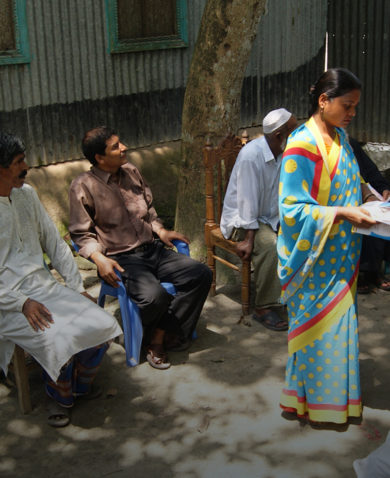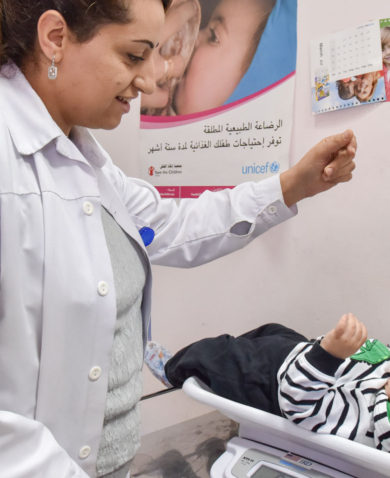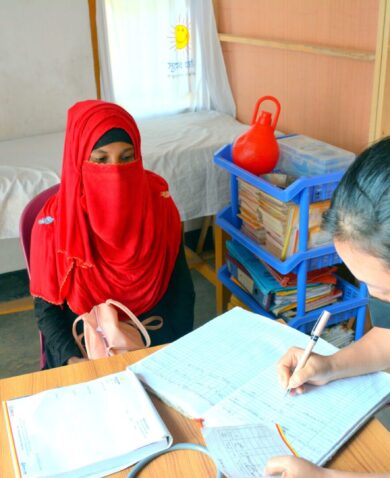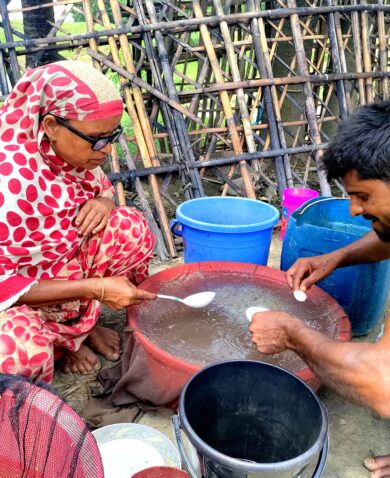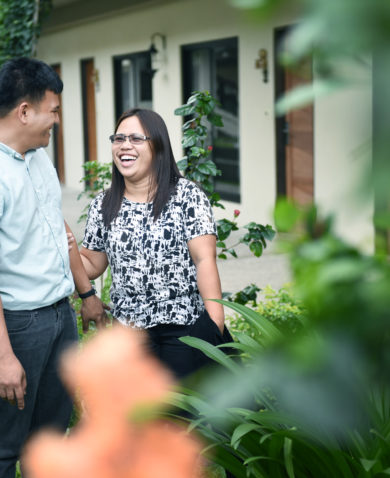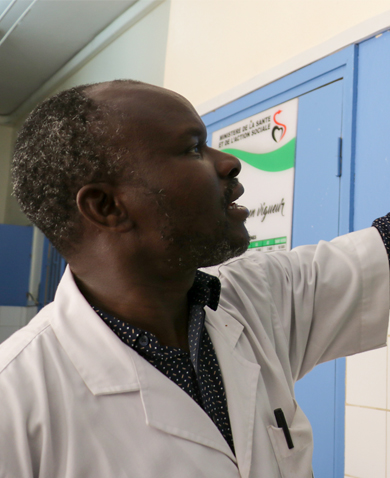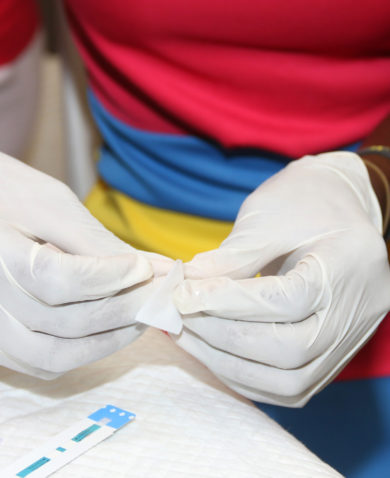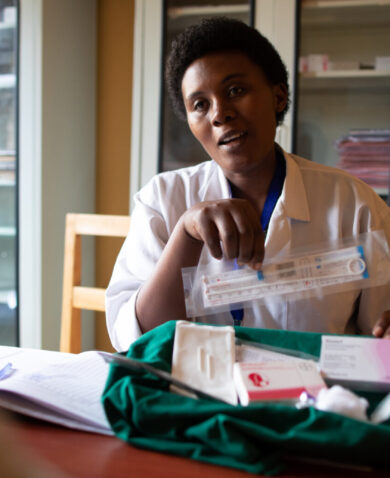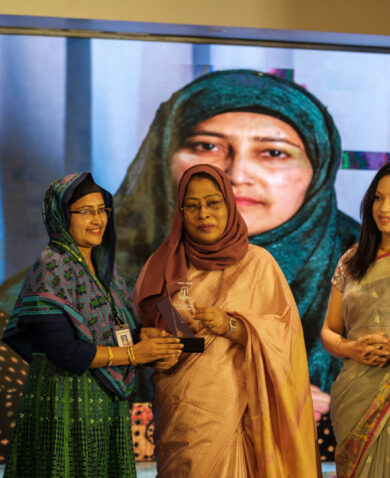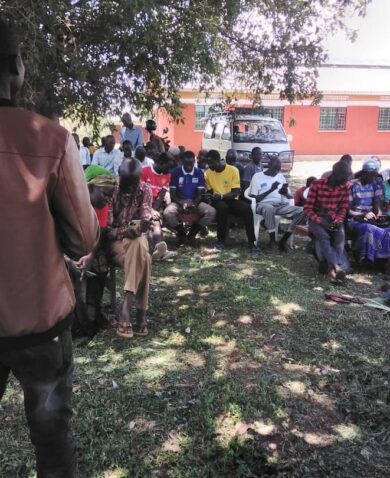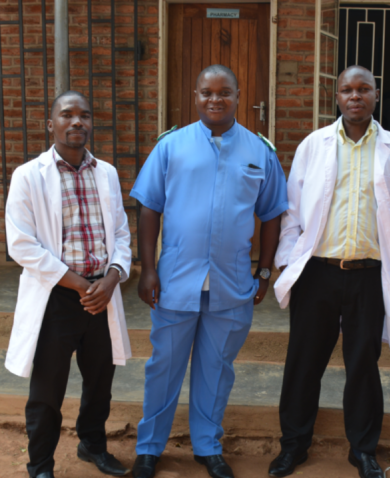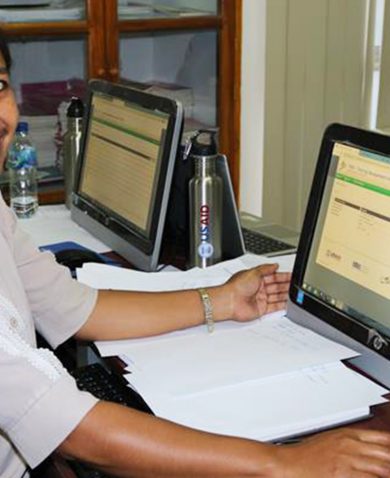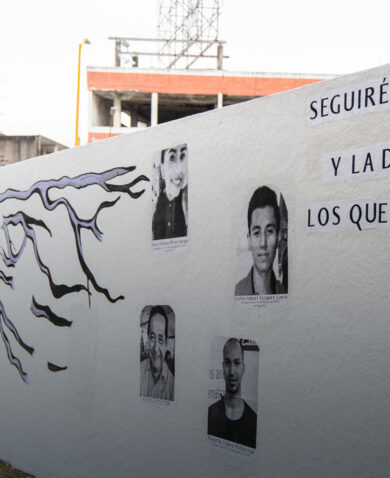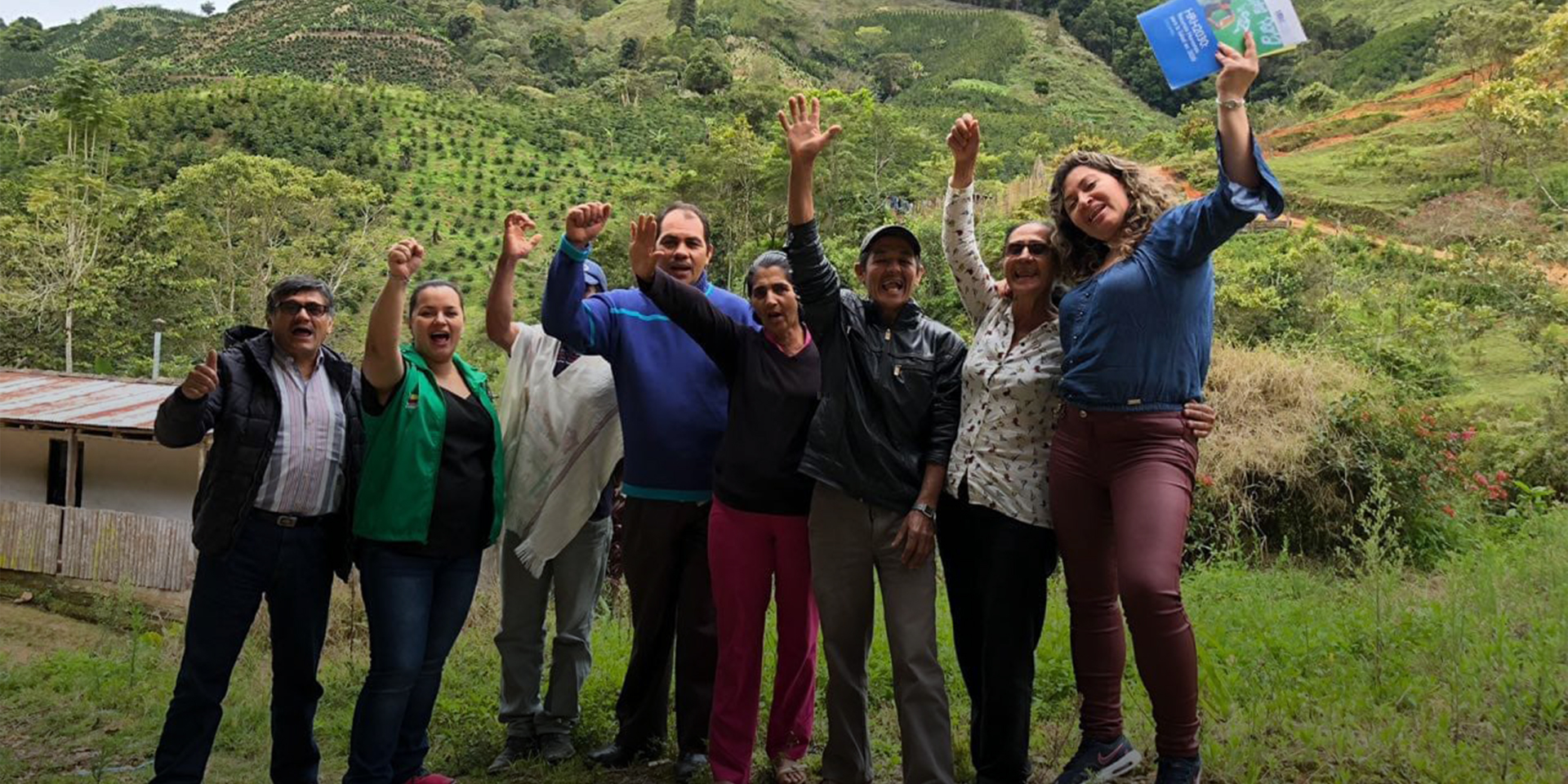
Chemonics News
News: HRH2030’s Colombia Activity Wins USAID CLA Case Competition
October 9, 2019 | 2 Minute ReadThe Collaborating, Learning and Adapting (CLA) Case Competition recognizes USAID projects using a CLA approach to meet development objectives. This year, the Human Resources for Health in 2030 Program (HRH2030)’s Colombia activity earned the recognition.
This post was adapted from a story that originally appeared on the USAID HRH2030 program’s website.
Effective partnerships allow stakeholders to apply lessons learned and adapt methodologies to meet the needs of beneficiaries. In Colombia, the Human Resources for Health in 2030 Program (HRH2030) is partnering with local organizations to learn from the country’s social workforce and adapt lessons to ensure the safety of children and adolescents.
This year, the Collaborating, Learning and Adapting (CLA) Case Competition recognized HRH2030 as one of 10 winners for using a holistic approach that intentionally uses the collaborating, learning, and adapting approach in its work with the Colombian Family Welfare Institute (ICBF) to help solve the severe challenges that ICBF faces to ensure the safety of 8 million children and adolescents facing conflict, illiteracy, and unemployment.
The CLA Case Competition is managed by the CLA Team in the Office of Learning, Evaluation and Research in USAID’s Bureau for Policy, Planning and Learning, with the USAID LEARN contract. The competition captures real-life case studies of USAID staff and implementing partners using a CLA approach for organizational learning and better development outcomes.
HRH2030’s winning case, Strengthening Colombia’s Social Service Workforce through Collaboration and Learning, highlights how it applied CLA to its work with ICBF to provide violence prevention and protection services to children and families. This approach helped to build a trusting, open relationship with ICBF from the beginning to ground activities in technical evidence that provide opportunities for learning during the activity and beyond. Throughout this collaboration, HRH2030 emphasized external collaboration with ICBF, robust formative evaluation to provide technical evidence for intervention planning, and formal opportunities to reflect and reinforce learning. As a result — owing in large part to the enthusiasm of ICBF — the activity has achieved new insights about the Colombia social services workforce and uses this information to tailor interventions and recommendations.
“We incorporated the CLA approach not only throughout our own program cycle, but we also supported our partner, the ICBF, to integrate organizational learning and collaboration into its own processes,” said HRH2030 Colombia Project Director Juan Barco. “As we continue to implement CLA throughout our work, we will also continue to promote an organizational culture of learning within ICBF, believing that this intense focus on learning will benefit the children, adolescents, and families of Colombia well into the future.”
This year’s competition received 97 submissions and named 10 winners, including HRH2030. This is the first time since the competition’s establishment four years ago that one of Chemonics’ entries wins. See the full list of this year’s winners here. A searchable database of all winners since the competition’s inception five years ago is available here.

